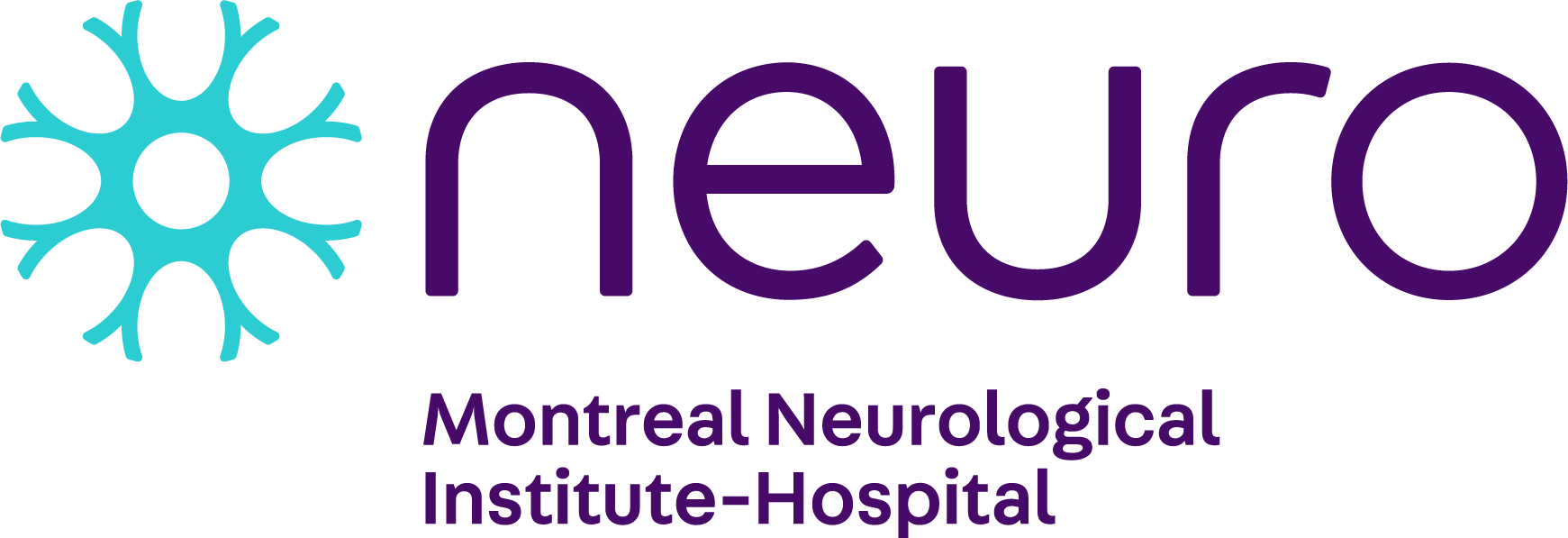How does your work have implications for autism and schizophrenia?
I study the early development of neurons. Epidemiological research has shown that over-activation of the immune system, such as in a severe infection, during the late stages of a mother’s pregnancy increases the chances of the baby having autism spectrum disorder or schizophrenia.
Therefore, what our work is trying to determine is how the activation of the immune system in the embryo is causing developmental defects in the neurons.
I work with tiny fish called zebrafish because when they are young they are transparent, so we can see right into their brain. We use techniques to express fluorescent proteins in the developing neurons, which we can then track over days, under the laser microscope, to see changes in how they grow.
Did you always know you wanted to be a scientist?
When I was in high school, my dream was to become a medical doctor. My parents sacrificed to get me into a private school, and my plan was to get straight A’s and go to med school. I��applied to French language med schools across the province, however, I was not accepted into any of these programs That was a very difficult time for me. I honestly felt like a failure. I then pursued my back up plan of a biochemistry degree at ƽ���岻��.
First week of class in my biochemistry degree, Biology 101, I sat down with my notebook, ready to learn and the teacher was talking about anatomy - and I did not know what the word liver meant! I grew up in a completely French-speaking household and did not have much English vocabulary. I felt completely overwhelmed in that first hour of class.
How did you get through that challenging time?
I taped all my lectures, and I re-listened to them and I would look up all the words that I did not know, and then re-write all my notes with the right vocabulary words. It was just lots of hard work, long hours. It was exhausting but it got progressively easier. When I took Dr. Paul Lasko’s developmental biology course, I felt like I had found something I could be passionate about. This was the real moment when I became interested in research and thought I would make it my career. In the end, it was all worth it; I graduated with Honours and all those challenges have led me to where I am today.
Research can be all-consuming. What do you do in your spare time?
One of the main reasons I chose science as my career is that I really love to learn new things. Even in my spare time, I am always looking for new opportunities to learn; I read a lot and I watch Jeopardy every day! To relax, I love baking, mostly fun and different cupcakes, and making crochet projects for my family and friends.
I also enjoy volunteering with science outreach programs for young students. I love the chance to spark students’ interest in science by showing them how it can be interesting and fun.��For the past several years, I have been involved with Let’s Talk Science and BrainReach. I had a great opportunity to travel to Yellowknife and Hay River, NWT with three other volunteers for Science Travels. We brought exciting, educational science activities to these remote communities, we met the cast of Ice Pilots and we got to witness a live interview between the students and Chris Hadfield on the international space station. Seeing the students so engaged and inspired was an unforgettable experience!




